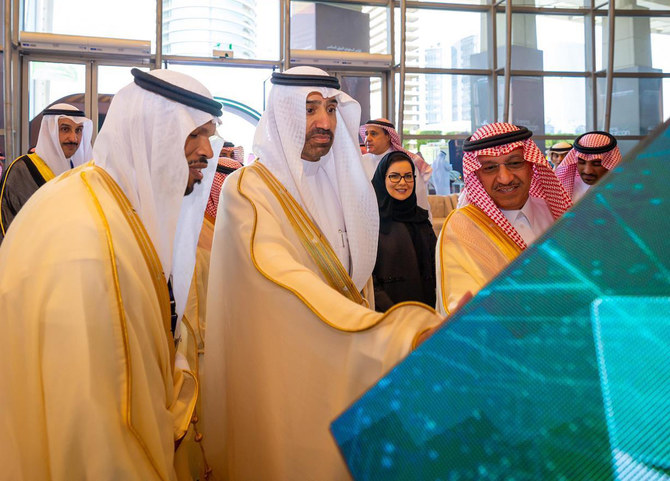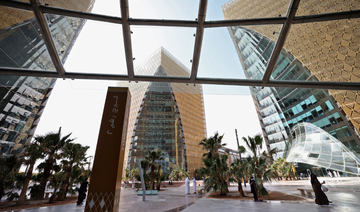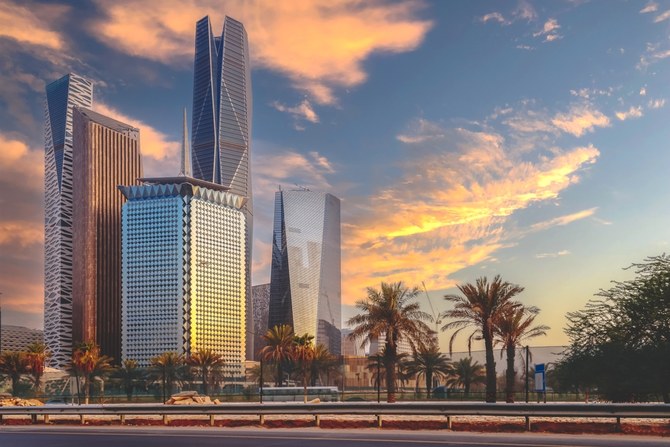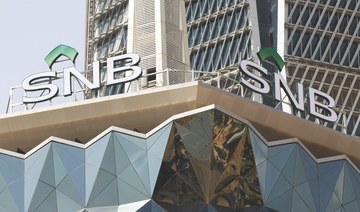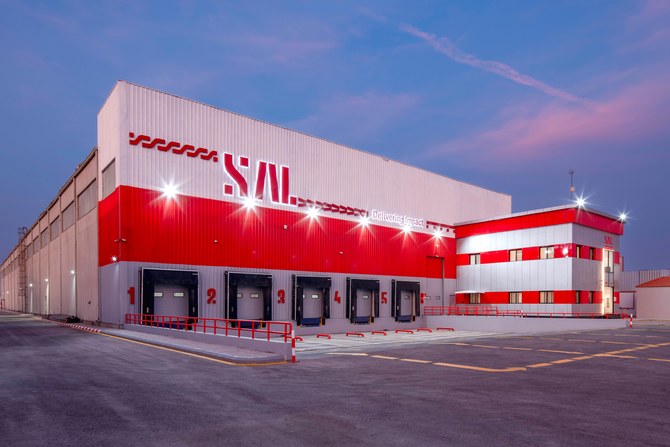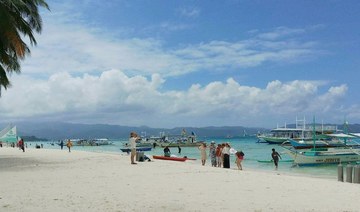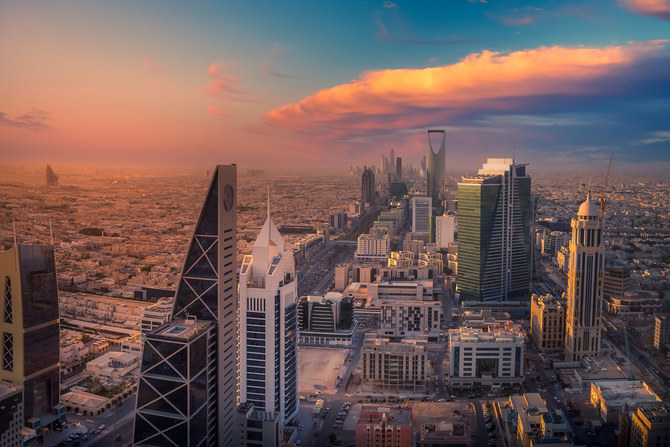The Danube supermarket and hypermarket chain in Saudi Arabia has joined forces with two-time F1 champion Mika Häkkinen in a drive to create awareness about the importance of maintaining a healthy diet. As part of the initiative, Danube Online will launch the “Racing Kitchen” on the Danube App during the upcoming F1 season. The feature will host an array of healthy recipes that could be part of a healthy diet and help in reaching an optimized lifestyle. Racing enthusiasts will also have the chance to enter a competition on Danube Online to meet the legendary driver Häkkinen in Jeddah.
Häkkinen is also bringing his own “INZDR” app to racing fans across the Kingdom. The app aims to redefine the fan experience and provide exclusive content from their favorite driving stars, including high-quality content such as the type of diets and exercise programs maintained by an elite athlete like an F1 driver.
Ahmad A.R. BinDawood, CEO of BinDawood Holding, the owner and operator of Danube, said: “We are thrilled to partner with such a legendary champion and athlete to help create awareness on the importance of maintaining a healthy and high-quality diet in order to support an optimized lifestyle. Our Danube stores stock a huge range of organic fresh produce and high-quality products that our customers can avail of to help them maintain a healthy diet and lifestyle. We encourage our customers to try out the recipes in the Danube Kitchen section of our Danube App and of course, enter the draw to win a chance to meet Mika Hakkinen.”
The names of the winners will be announced on Danube’s social media handles.
BinDawood Holding is one of the leading grocery retail operators of hypermarkets and supermarkets in Saudi Arabia. The company has a total of 76 stores, of which 52 are hypermarkets and 24 are supermarkets, each located strategically across the Kingdom, and operating under two complementary brands: BinDawood and Danube.




